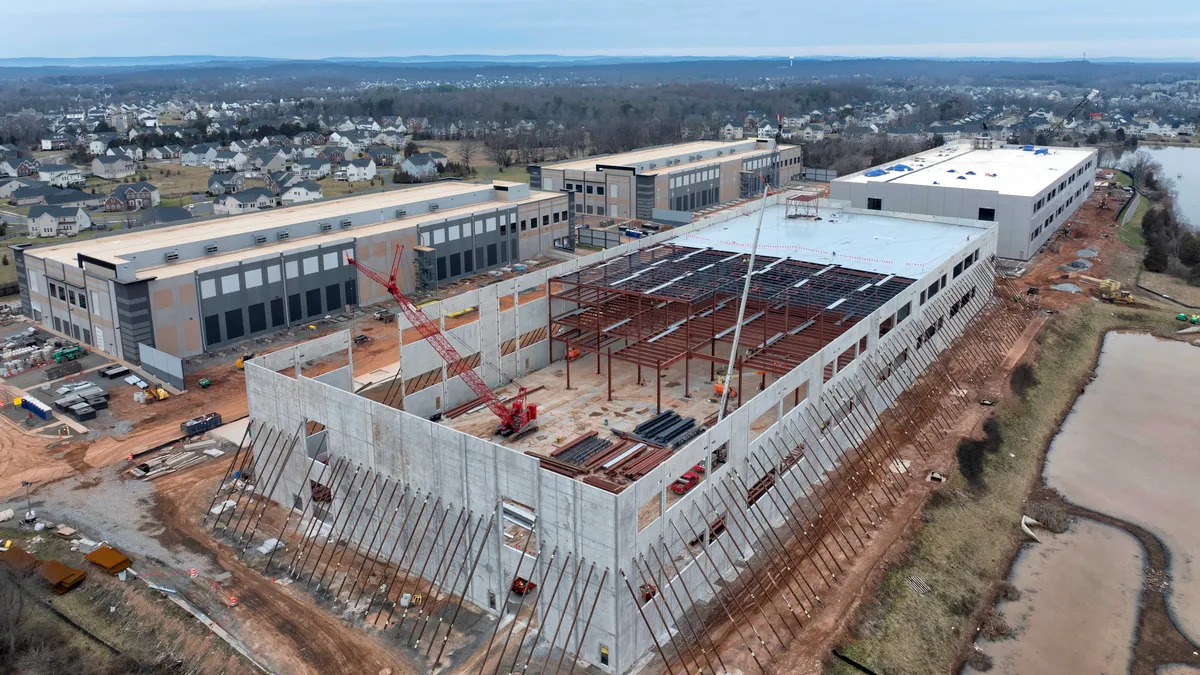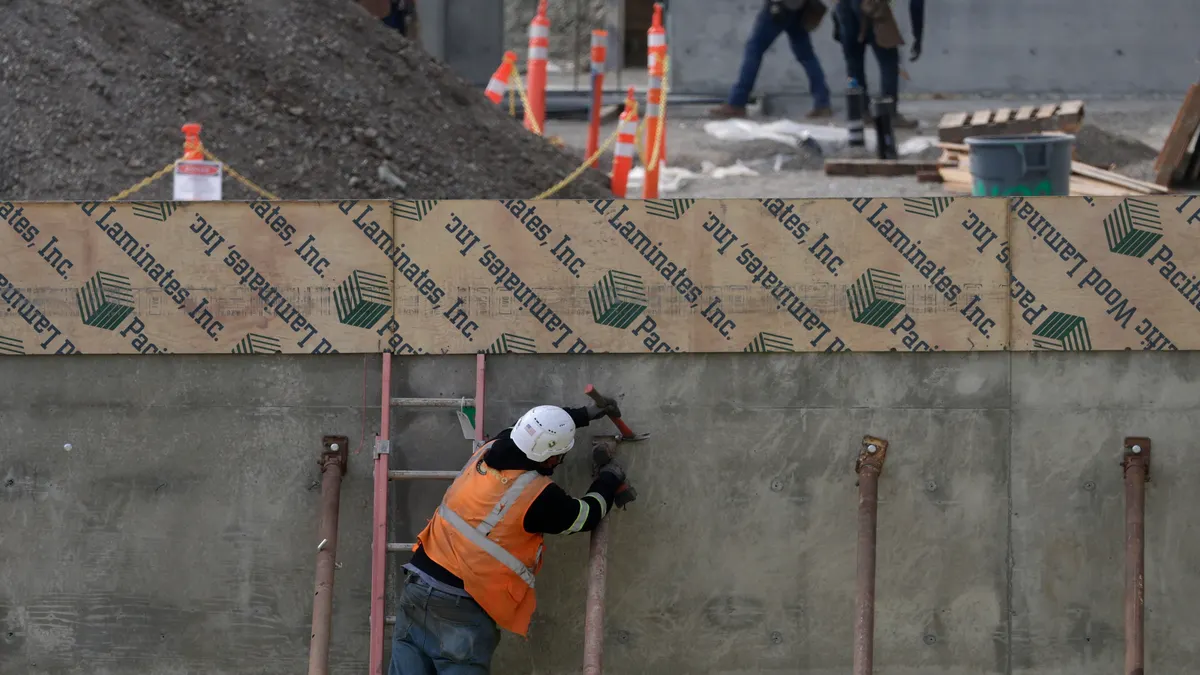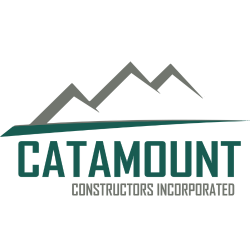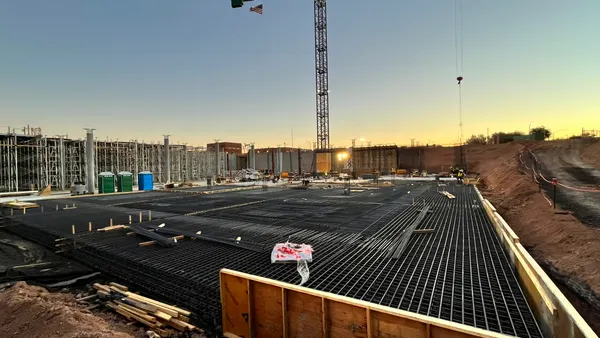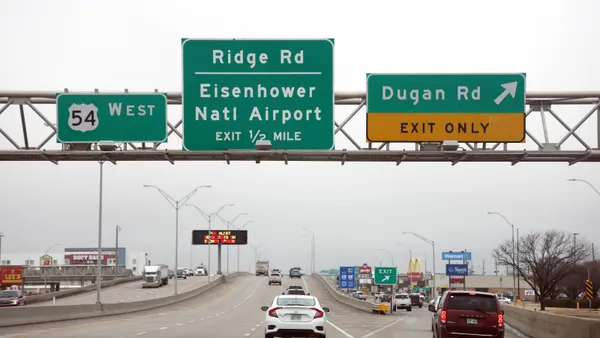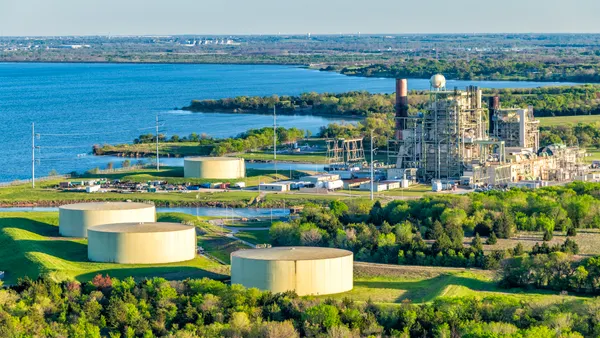Dive Brief:
- Florida Gov. Rick Scott revealed on Friday that the Florida Department of Transportation has received an unsolicited proposal from rail company Brightline for a lease and development deal that would bring a high-speed rail line to the Interstate 4 corridor between Tampa and Orlando.
- Brightline, which is building a commuter rail system in South Florida that will eventually connect to Orlando, said it wants to lease the necessary rights of way, easements and other land rights to build and operate the system at no expense to Florida taxpayers. The line would run from Orlando International Airport to downtown Tampa, although Brightline did not indicate station locations in its proposal. The diesel-electric train service would provide passengers with gourmet meal service and free Wi-Fi. Brightline, as part of its proposal, gave the transportation agency a $50,000 deposit.
- In 2011, Gov. Scott rejected almost $2.5 billion for high-speed rail along the same corridor but justified support of this new private plan as a way to shift the risk of cost overruns and other problems to the private sector instead of to state taxpayers. Brightline said the high-speed line will connect Tampa and Orlando to its rail services in Miami, Ft. Lauderdale and West Palm Beach.
Dive Insight:
The first Brightline service started high-speed operations between Miami, Fort Lauderdale and West Palm Beach on May 19, with the average Miami-Fort Lauderdale trip taking about 30 minutes and the journey from Miami to West Palm Beach taking about an hour. Fares range from $10 to $15 one way.
The Brightline hit a bump in November when a subcontractor sued construction manager Balfour Beatty, previous general contractor Facchina Construction, surety bond provider Travelers Insurance and Brightline's All Aboard Florida for $3 million. Estate Shel claimed that a Balfour Beatty superintendent created a hostile work environment and that it had difficulty getting any of the defendants to sit down and resolve that and other issues related to delays.
These are the kinds of problems that Scott indicated the state could avoid having to deal with if it handed over construction and operations of a high-speed rail line to a private company like Brightline. Scott has also used the example of the California High-Speed Rail Authority's $77 bullet train between the San Francisco Bay area and Anaheim, California, as a cautionary tale and an example of what Florida taxpayers might have had to endure if he had accepted the Obama-era funds. The project is nearly double what was originally proposed and has suffered from delays due to a wide range of issues ranging from land acquisitions to bridge demolition and redesign.



